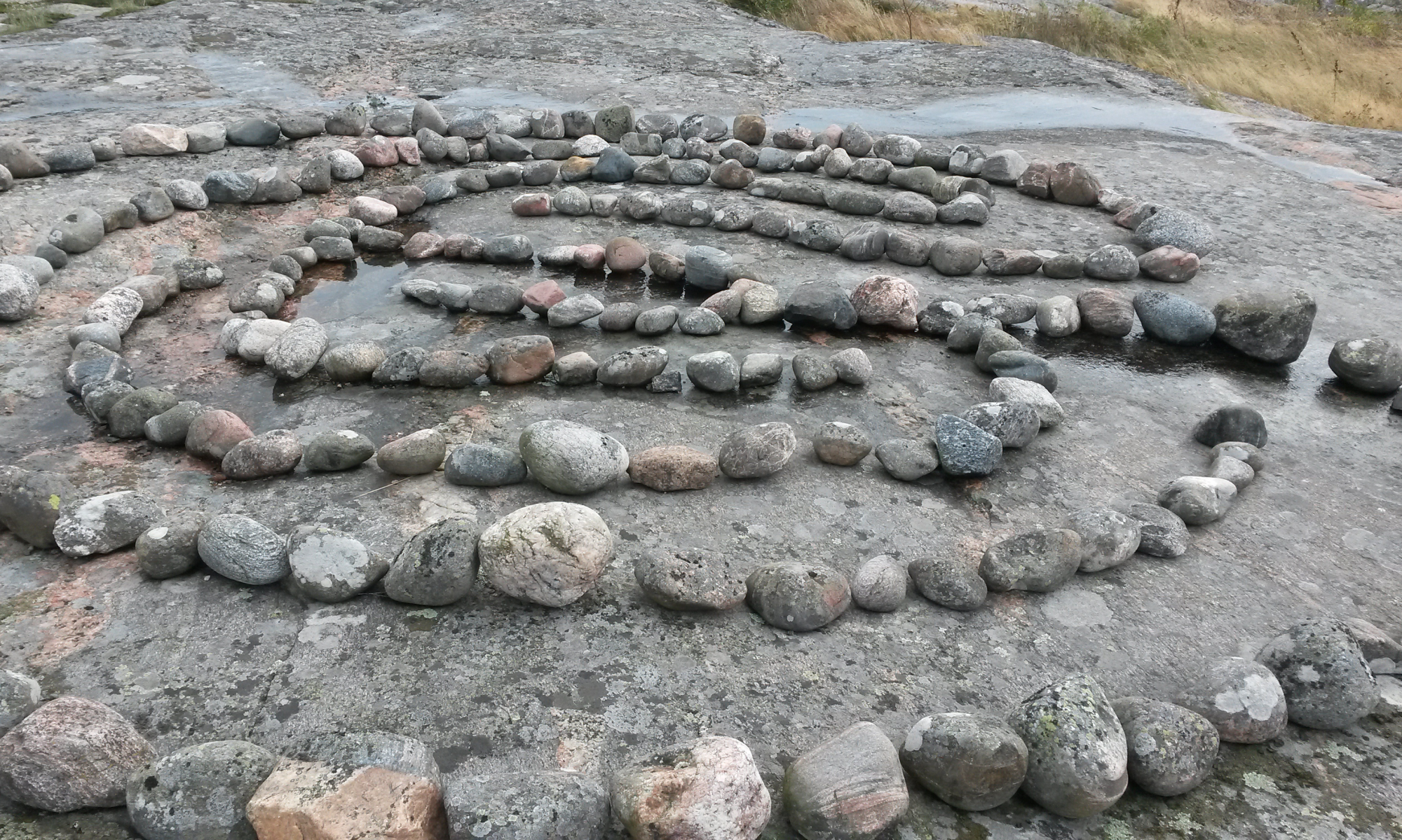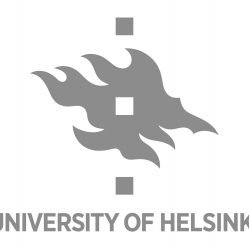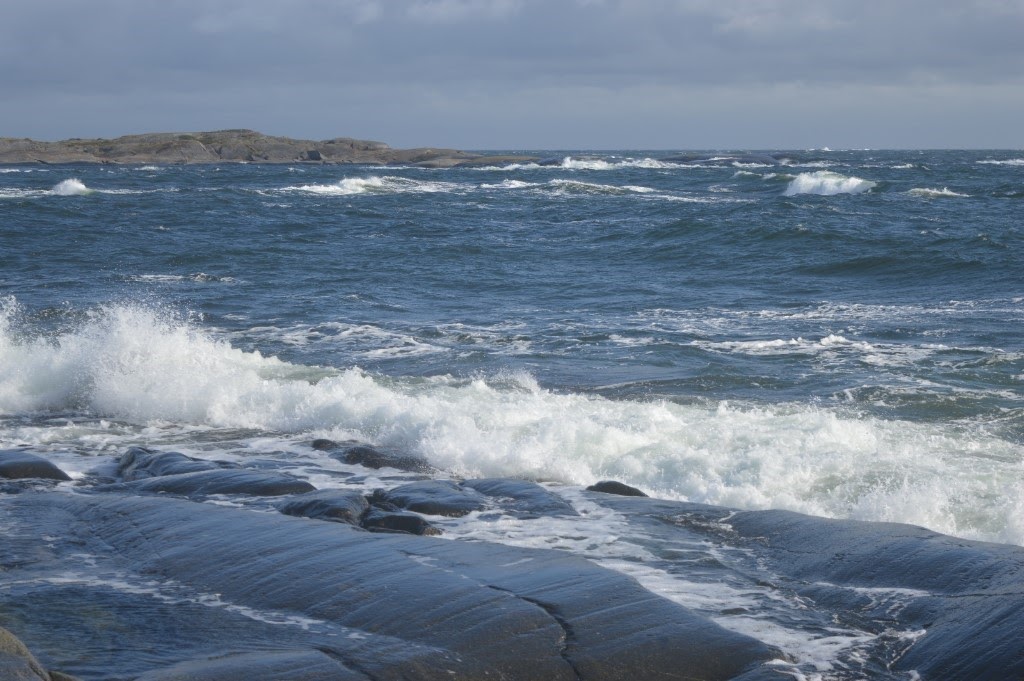SusEdu Online seminar, Friday, 4.3.2022, at 9.00am
Sustainability Education Research Beyond Boundaries
The purpose of the Sustainability Education Research Day is to explore the intersections of current educational research and practices and sustainability studies. By the title “Beyond Boundaries”, this year’s seminar seeks to address the need and the potentials of examining perspectives across disciplines and accounting for transitions and margins.
The day is organized by Sustainability Education (SusEdu) research group at the Faculty of Education, UH), a diverse group of sustainability researchers and educators from different research and didactic backgrounds.
Abstracts
Maritime archaeological research and sustainability education, Katerina Velentza, Dr (PhD), Maritime Archaeology, Department of Cultures, University of Helsinki
This paper explores the potential of maritime archaeological research in contributing to the understanding, assessing and problem-solving of climate change issues. As this presentation will outline, maritime archaeology as an academic discipline, due to its multi-faceted and interdisciplinary nature, has a lot to offer in the pursuit of sustainability and climate resilience. Maritime archaeological research and teaching have the power to address several threats caused by climate change and raise awareness on sustainable adaptation and human-centred solutions. The project ‘Re-imagining the use of traditional watercraft in the Aegean Sea for a sustainable environment and economy’ carried out by the author at the University of Helsinki, as well as academic courses, and public outreach programmes from around the world will illustrate the prospects of the field in promoting sustainability education and understanding.
Language of presentation , English
Promoting food sense through school meals, Kristiina Janhonen, Dr (Education), postdoctoral researcher
The project FOOD SENSE aims to support students’ food related learning in schools with a focus on sustainability, and investigates opportunities and barriers for change in alliance with school meal services and subject based teaching. The project is funded by the Academy of Finland (ref. no. 322598). Execution takes place at the University of Helsinki, Faculty of Educational Sciences, and it is coordinated by postdoctoral researcher Kristiina Janhonen. The study’s pilot school is situated in the Uusimaa region, Finland.
The study leans on the novel concept of food sense (Janhonen et al., 2015; 2016a; Janhonen et al., 2018), and Dewey’s pragmatist learning theory (e.g., 1916; 1938; 1958). The project implements practice-based, experiential and active learning in a process of co-development. The research design leans on a participatory action research approach (e.g., Kemmis et al., 2007; Kindon et al., 2007; Koshy, 2005). The empirical execution includes qualitative interviews, material of multiprofessional meetings, students’ digital learning diary data, as well as feedback questionnaire data from students and the school’s personnel.
The presentation provides an overview of the FOODSENSE-project, and presents preliminary results from the first action research cycle of the study (2020–2021). The collaborative school subject at this stage was home economics, and the execution leant on qualitative data.
Language of presentation: English
Situating Energy Literacy within Fictional Writing: Intermedial Ecocritical Frames, Inna Sukhenko, Dr, Lliterary studies, narrative studies, energy humanities, Helsinki Environmental Humanities Hub, the Department of Cultures, the Faculty of Arts, University of Helsinki
Researching the narrative tools of situating energy literacy as a component of nuclear knowledge management within ‘literary energy narrative’ frames aims to reveal the cultural and literary dimensions of (un)emoting ‘energy’ in ‘energy storytelling’, regarded as a component of ‘world energy literature’ (Szeman, 2018). Such perspective allows distinguishing socio-cultural parameters of situating energy literacy within narrating nuclear energy related issues in the focus of intermedial ecocriticism’s perspective (Bruhn, 2020) with its emphasis on transforming scientific knowledge into other media where ‘energy storytelling’ (on the example of North American nuclear fictional writing practices of the post-Chernobyl Age), regarded under contemporary energy humanities’ agenda as a response of the society to the current debates on sustainable energy production/transition/consumption challenges.
Language of presentation: English
Children of the Anthropocene. Researching Atmospheres in the Ruins of an Anthropocentric World, Riikka Hohti PhD, Postdoctoral researcher, University of Helsinki, Faculty of Education, HELSUS
What is it like to live as a child at this very moment? How do the changing relations between nature and culture become felt in the lives of young people?
The Anthropocene highlights the environmental crisis as an ontological crisis, which implies the need of revising the frames of thought that have led to the present situation (Malone, 2020). The recent Covid -19 pandemic has further unsettled these understandings and disturbed human integrity and separateness. In the field of childhood studies, the Anthropocene has been seen as calling for new forms of inquiry, representation and reporting the research (Kraftl et al., 2020). Anna Tsing (2015) argues for scientific practices suitable for our era based on the logic of open-ended assemblages and the at once factual and magical potentials of storytelling.
Drawing on the scholarly views above, I present and outline a forthcoming research project focusing on children’s and young people’s lives and emotional experiences in the present environmental crisis and the pandemic. The concepts of the Anthropocene and (im/possible) post-pandemic life situate the research in what Tsing calls ruins.
The project employs the concept of atmospheres (Stewart, 2011) to examine how affect, place and time collide in children’s lives. Atmospheres can be ephemeral and fleeting, almost ghostly, but they can also be collectively felt and rapidly intensify as politics or activism. They offer us a situated, yet mobile approach to environments and feelings beyond human exceptionalism and individualism. Through atmospheric ethnography and situated storytelling the research particularly attunes to hidden “lay narratives” and unprecedented collaborations, which might be signaling hope in new multispecies life in ruins.
Language of presentation: English
Supporting children’ sustainable growth with skills learning mindset using solution-focused Kids’Skills method , Jenny Niu, PhD, Post-Doc. Researcher, Faculty of Educational Sciences, University of Helsinki
There is an increasing importance and demand for supporting children learning self-management and social-emotional skills, especially when children experience difficulties and behavioral problems during their growth. This study aims to explore how to support children building positive behavior changes with learning skills mindset by using solution-focused Kids’Skills method. In this study, 23 cases were collected in year 2017 – 2019 from schools, kindergarten and home where the Kids’Skills method was used. Content analysis is used for qualitative data analysis. The results show that using solution-focused Kids’Skills method with skills learning mindset can support children to reach desired outcomes with positive behavior changes. This study indicates that skills learning mindset creates learning opportunities for children’s sustainable growth while encountering challenges. The Kids’Skills method is a goal-oriented skills learning approach embedded with children’s autonomy and agency by focusing on their strengths, past successes and resources; and also, building a creative and the collaborative socially supported learning environment.
Language of presentation , English
ECEC Personnel’s’ Views on Social and Cultural Sustainability: Dealing the questions of difference and diversity, Satu Valkonen, University lecturer, University of Helsinki, Faculty of Educational Sciences / Department of Education
In this presentation, I explore social and cultural sustainability focusing on early childhood education and care personnel’s views on social and emotional skills and prevention of bullying, equity, multiculturalism, gender equality and diversity of families. These five themes are included as aspects of social and cultural dimension of sustainability in rating scale called Assessment Tool for Promotion of Sustainability in Early Childhood Education and Care (Furu & Valkonen 2020). The significance of the striving for sustainable and democratic societies and social justice is of a great importance in globalized societies where the issue of differences are ever more salient. However, it is considered challenging to design and implement pedagogy that takes account complex social and cultural issues of sustainability with young children. Hence, it is topical and important to examine ECEC personnel’s views on sustainability work. I look ‘what is going on’ in Finnish ECEC at the moment what is comes to social and cultural sustainability and thus this presentation is pinned to sustainability research that is interested the work in practise with young children.
Language of presentation: English, Finnish
The role of futures in sustainability education, Tapio Rasa & Antti Laherto, University of Helsinki, Department of Education
Educational reforms aiming at increasing students’ sustainability knowledge and skills involve encouraging long-term thinking. This goal is shared with conceptualisations of futures education and e.g. future-oriented science education. We present a brief overview of this overlap, drawing from ours and others’ research, and focusing on the role of sustainability in young people’s images of the future, the importance of futures thinking skills, and the perspective of time for sustainability. Finally, we discuss some recent develpments in educational research that contribute to understanding and addressing these issues.
Language of presentation: English , Finnish
Vanhakin nyt nuortuu: kokeneen kestävyystutkijan viimeaikaisia oivalluksia, Hannele Cantell, KT, FM, dosentti, yliopistonlehtori, Helsingin yliopisto, Kasvatustieteellinen tiedekunta
Olen toiminut koko työurani eli noin 30 vuoden ajan kestävyysteemojen parissa. Ensin kouluopetttajana, sitten yliopistossa opetus- ja tutkimustehtävissä. Olen kokenut aiheen parissa monia nousuja ja laskuja. Esimerkiksi ympäristökasvatus oli 2000-luvulla vähätelty ala, mikä näkyi sen syrjäyttämisessä monien yliopistojen opinnoista. Usein on jouduttu taistelemaan ympäristöteemojen puolesta, esimerkiksi opetussuunnitelma- ja tuntijakotyössä. Valitettavasti olen joutunut kokemaan niitä maalisuoratappioitakin.
Viime vuosina olen virkistynyt ympäristö ja kestävyyskasvatuksen alalla, ennen kaikkea muiden tutkijoiden innovatiivisia töitä seuratessani. Tutkija toisensa perään on tuonut uusia ja karsinoita ylittäviä ajatuksia alalle. Noin vaan puhutaan uusilla käsitteillä, joista on tullut myös julkisessa keskustelussa valtavirtaa. Näitä ovat muun muassa kestävyysmurros, luontokato ja koko moninainen posthumanistinen ajattelu käsitteistöineen. Omassa elämässäni ja ajattelussani on syntynyt sekä teoreettisia, käytännöllisiä että tunteisiin liittyviä oivalluksia: olen esimerkiksi voimaantunut yhä vahvemmin pitämään pölyttäjiä rakkaimpina ja tärkeimpinä eläiminä maailmassa.
Ei tämä kuitenkaan pelkkää juhlaa ole ollut. Viime vuodet ovat nostaneet eteeni myös hankalampia, henkilökohtaisia kestävyysteemoja. Oman vammautumiseni myötä olen joutunut miettimään omaa rooliani osana luontoa ja sosiaalista ympäristöä. Lisäksi vähemmistöteemoihin liittyvä haasteellinen dialogisuus ja sen puute tuntuvat itselleni hankalilta asioilta. Samalla kun ymmärrän intersektionaalisuuden merkityksen, pohdin myös sitä, miten, kuka ja mitä saa sanoa ja puhua muun muassa vähemmistöihin liittyvistä teemoista. Olemmeko itse kaventamassa sosiaalisen ja kulttuurisen kestävyyden toteutumista?
Koen haasteellisena myös sen, että ismien virtauksessa globaalikasvatus ei tunnu olevan kovinkaan muodissa. Onko kyse siitä, mikä on minkäkin ismin yläkäsite, vai mistä? Mutta se on pakko todeta, että globaali etelä on jäänyt kestävyyspuheissa vähemmällä huomiolle. Samoin olen välillä hyvinkin hämmentynyt siitä, että tutkimusinnostuksesta ja sen laaja-alaistumisesta huolimatta kestävyys ymmärretään suuren yleisön, jopa opettajankoulutuksen, piirissä hyvin kapea-alaisesti, eikä sen merkitystä aina hahmoteta koulutuksen perustana.
Miksi kuitenkin vanhakin nuortuu ja innostuu haasteista huolimatta? Olen kokenut viime vuosien aikana jonkinlaisen ympyrän sulkeutumisen. Nuoruuden rauhanaktivistista on kasvanut uudella lailla sitkeä kestävyysaktivisti, joka on oppinut tutkijakollegoiltaan muun muassa utopioiden, unelmoinnin, rottien ja virkattujen mehiläispesien monilajisen tunnustelun ja poeettisen aktivismin merkityksen.
Tämä aktivisti vaatii sivistyksen uudelleen määrittelemistä. Kutsun joukkoon kaikki: koulutusta ja elämää on puolustettava sinnikkäästi ja pelkäämättä. Maalisuoran yli pitää jaksaa kurkottaa, vaikka joskus tuntuu, että reisilihas revähtää.
Language of presentation: Finnish


